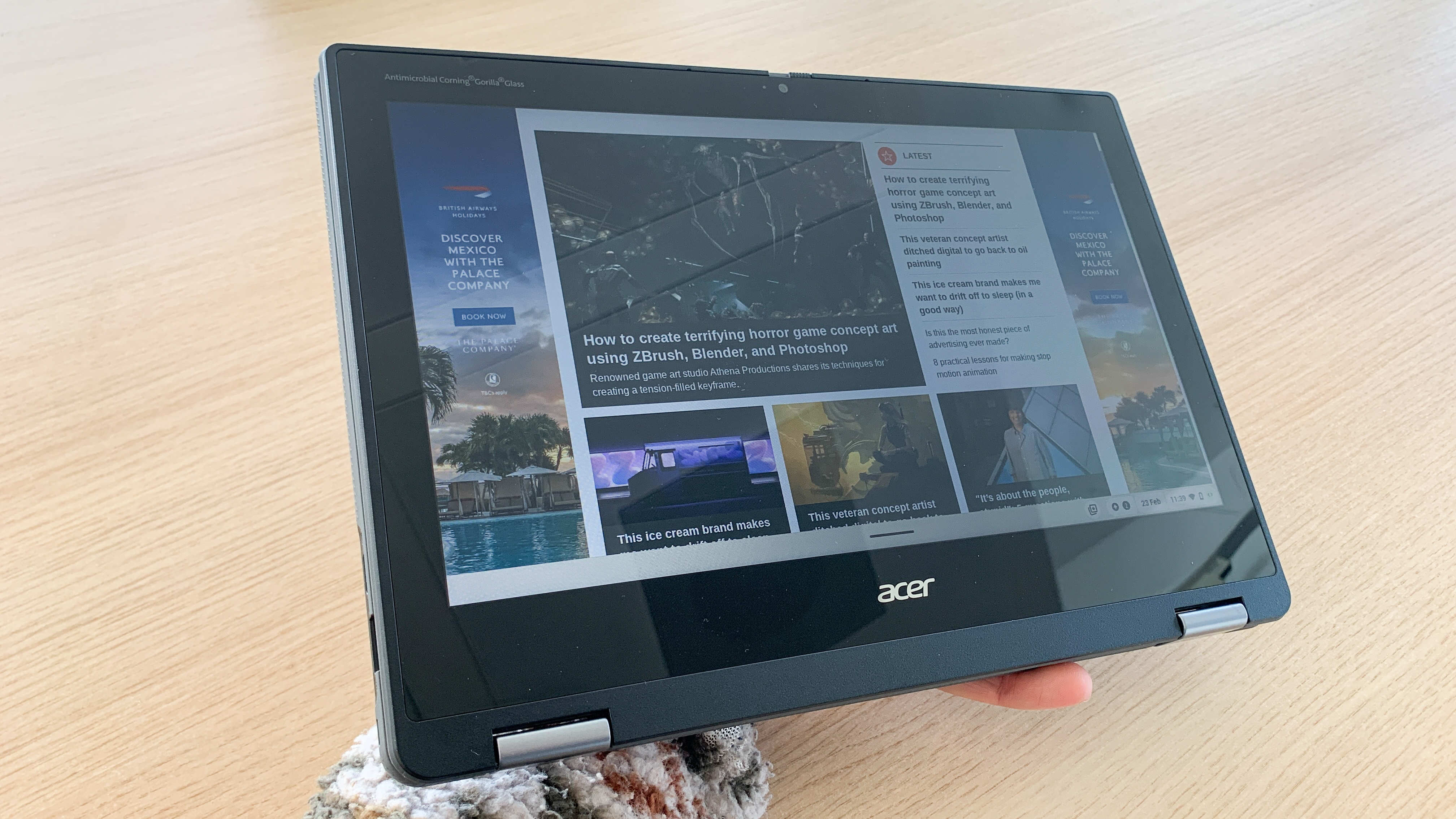7 tips for a good night's sleep
Good sleep will boost your creativity levels.
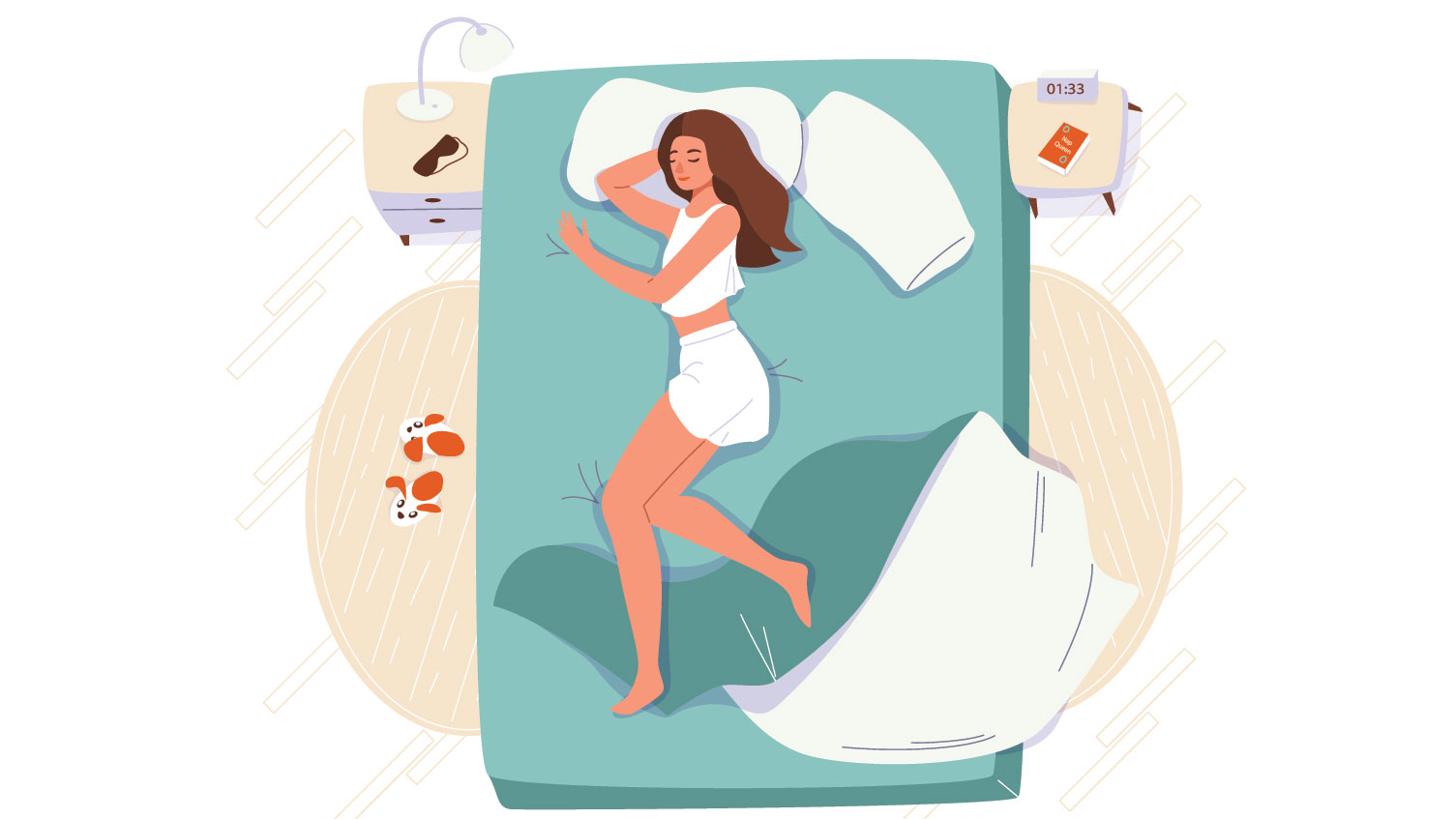
Sign up to Creative Bloq's daily newsletter, which brings you the latest news and inspiration from the worlds of art, design and technology.
You are now subscribed
Your newsletter sign-up was successful
Want to add more newsletters?
Getting enough sleep is vital to your creative health. Sleep will replenish and revitalise your brain, leaving you ready to tackle whatever project you've got on the go. Lying awake in the early hours is not only stressful at the time, but will leave you depleted the next day – and a fuzzy brain is not conducive to a creative breakthrough.
Given some of your creative thinking actually happens when you're in the land of nod (read more about that in this guide to the creative power of sleep), it's doubly important to get quality shut-eye. Though insomnia feels insurmountable, there are some steps you can take to give yourself the best chance of having great sleep. These include habit changes and even apps (for other apps that'll help your creative process see our list of iPad apps for designers and our pick of the best mindfulness apps).
We've set out a series of tips, which will put you on the road towards better sleep. Read on to find out more.
01. Download the right apps
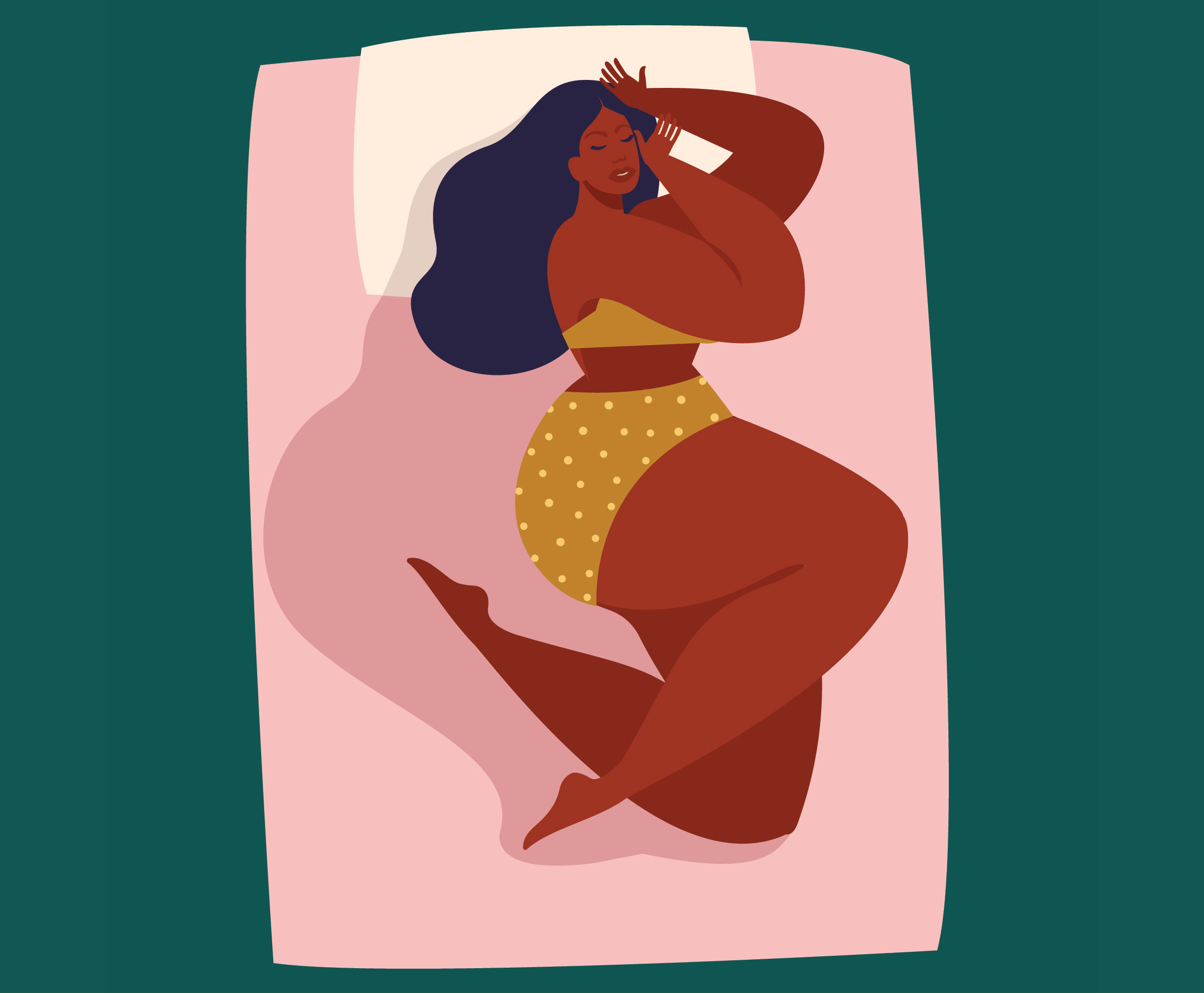
Consider using apps as described below, or those that use calming music or sound (such as natural sounds, guided meditations, hypnotic techniques or white noise).
- Sleep Cycle Power Nap (iOS only), £1.99
- Pzizz (iOS or Android), free, premium £4/month
- Awoken (Android only), free
- Sleep Cycle Alarm Clock (iOS or Android), free
- Slumber (iOS only), free for 10 episodes; around £30/year for full access
02. Stick to a routine
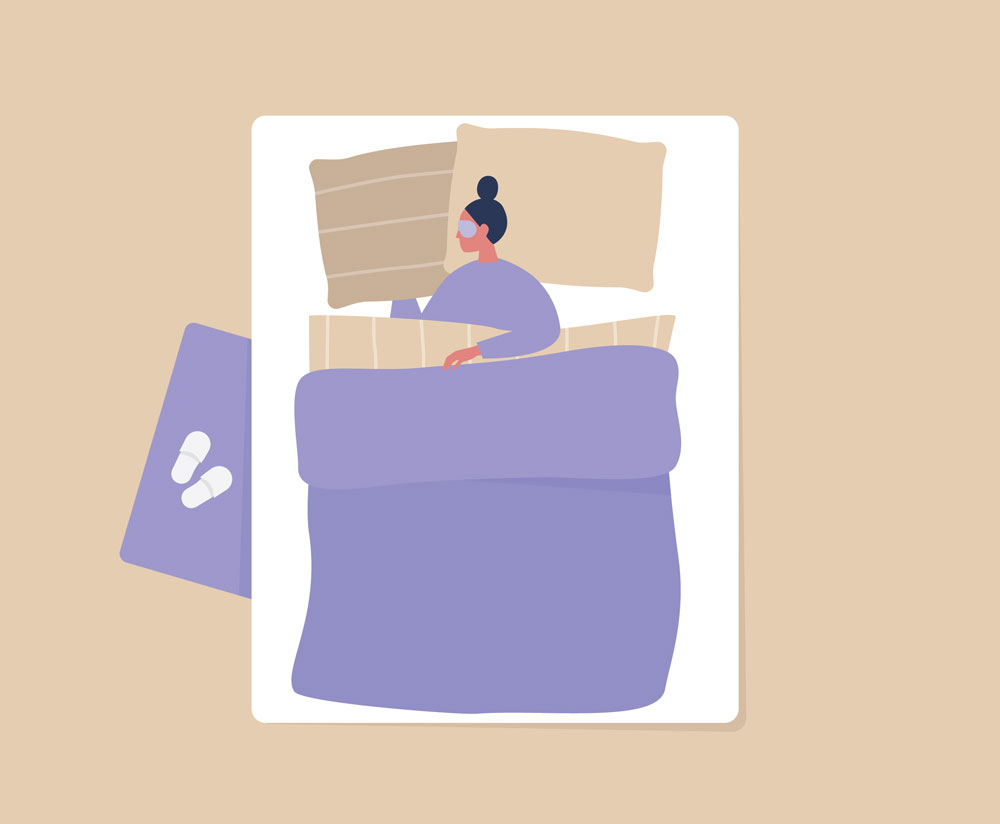
Try as far as possible to stick to a schedule of going to bed and waking up at the same time each day – even at weekends. Try out different pre-bed relaxation routines to find what works for you. These might include a bath, reading and, perhaps most importantly, removing screens (including phones, unless of course you’re using sleep apps) from the bedroom.
03. Block out all the light
A huge influence on sleep-wake needs is the exposure to light. Specific cells in our retinas process light to send messages to the brain about whether it should prepare itself for day or night. This means that light exposure makes it hard to fall asleep in the first place, and if you're awakened.
04. Get moving in the daytime
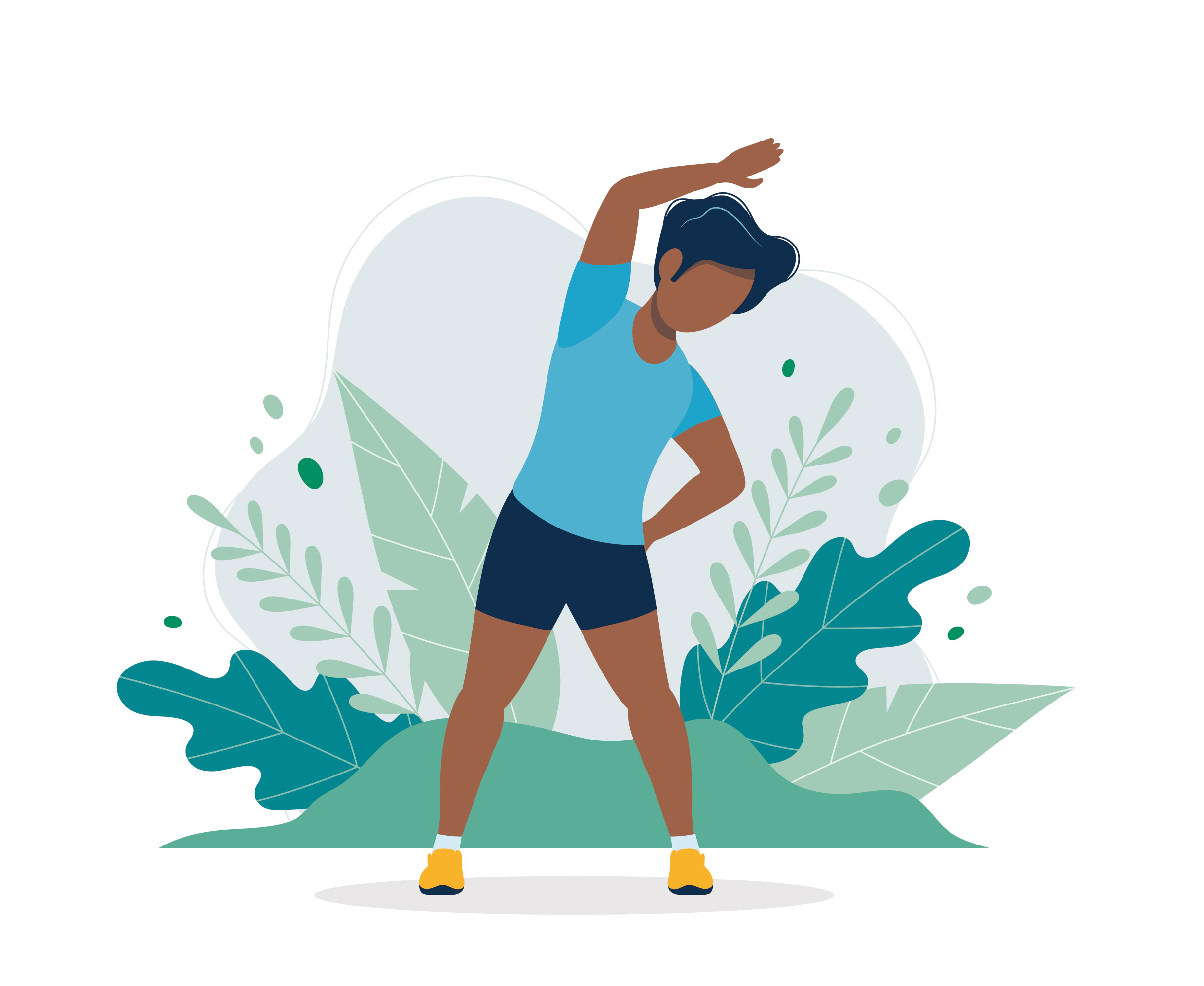
Even 20-30 minutes of exercise a day makes a big difference, but avoid doing this in the three hours or so before bed.
Sign up to Creative Bloq's daily newsletter, which brings you the latest news and inspiration from the worlds of art, design and technology.
05. Steer clear of stimulants
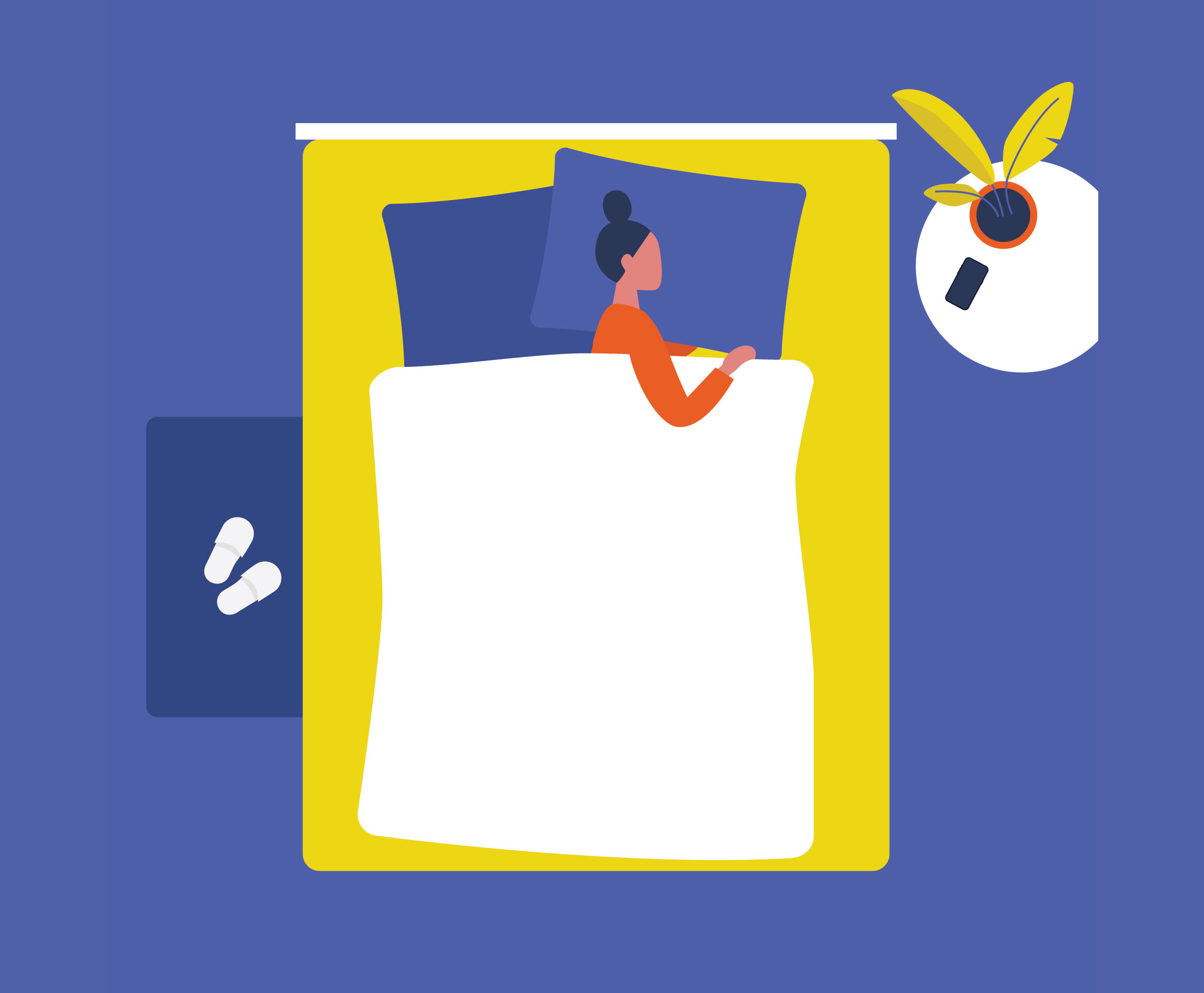
While it makes you sleepy, alcohol has a disruptive effect on the quality and duration of sleep. Best avoided before bed. Steer clear of stimulants such as caffeine or nicotine later in the day, too.
06. Seek professional help
If these don't work, consider hypnosis, either from a professional or using self-hypnosis such as apps like Relax & Sleep Well Hypnosis (on iOS and Android). Ensure you're not losing out on sleep due to a medical problem such as sleep apnea, or that any medication you take isn’t interfering with sleep.
07. Get out of bed
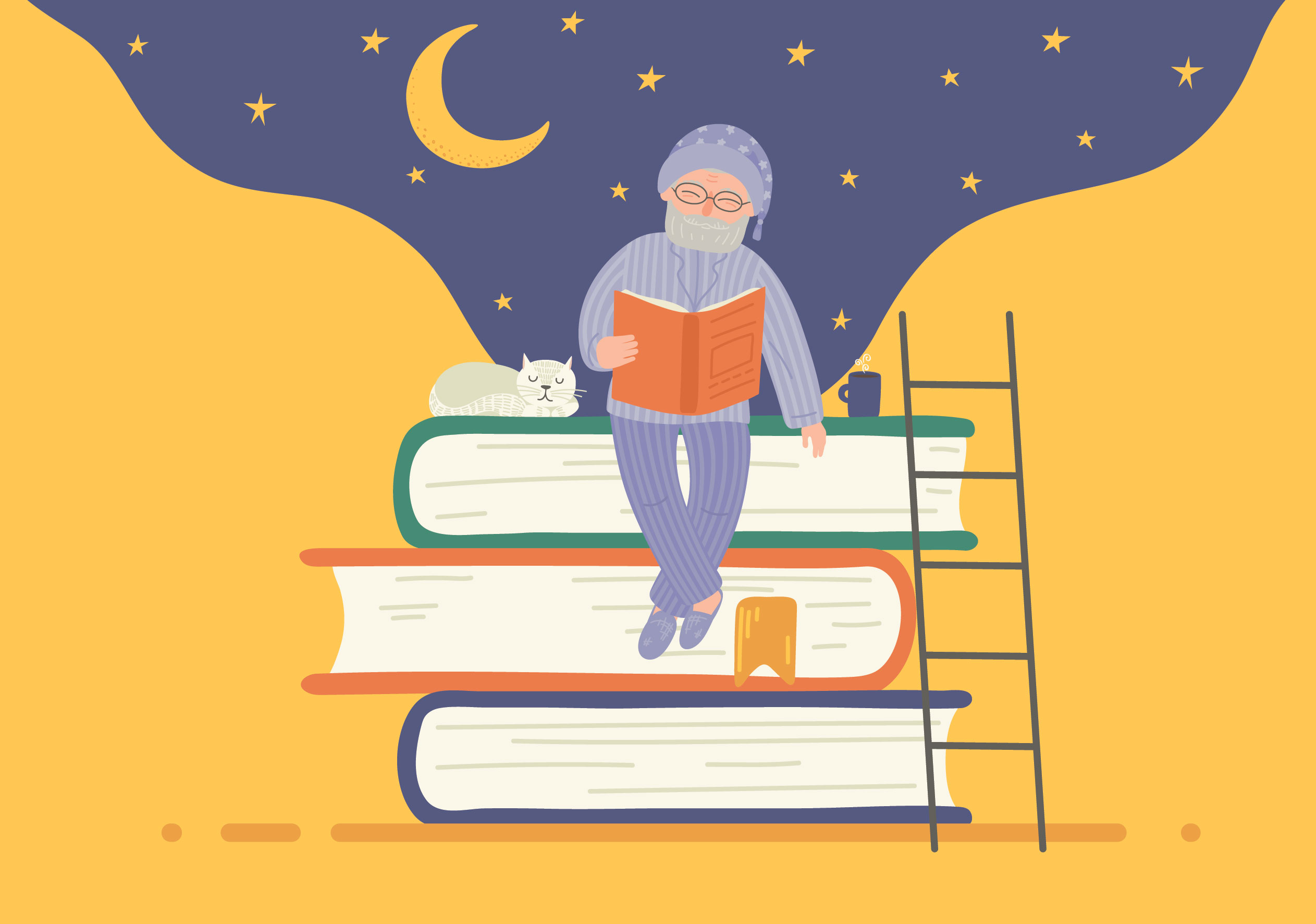
If you're lying awake in bed becoming increasingly frustrated, it's better to get up and do something else for a bit. Try reading, listening to music, sketching, playing an instrument or making lists, until you feel tired.
Read more:
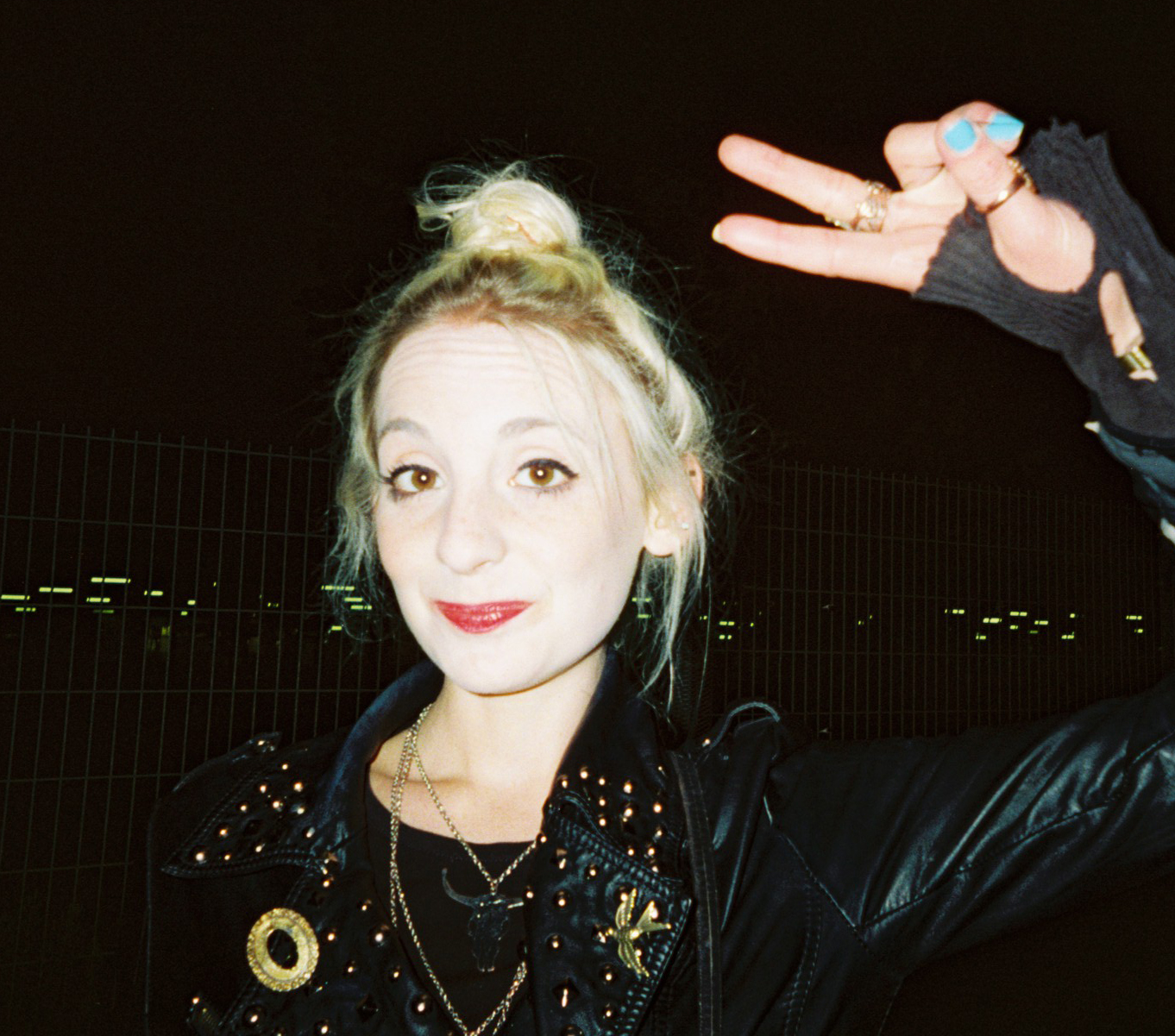
Emily Gosling is a freelance art and design journalist currently writing for titles including Creative Review, Eye on Design, Creative Boom and People of Print. She’s previously worked at Elephant magazine, It’s Nice That and Design Week, and was editor of Type Notes magazine. Her book Creative Minds Don’t Think Alike was published by Ilex Press in 2018, and she also plays bass as one-quarter of the eight-titted beast, Superstation Twatville.
